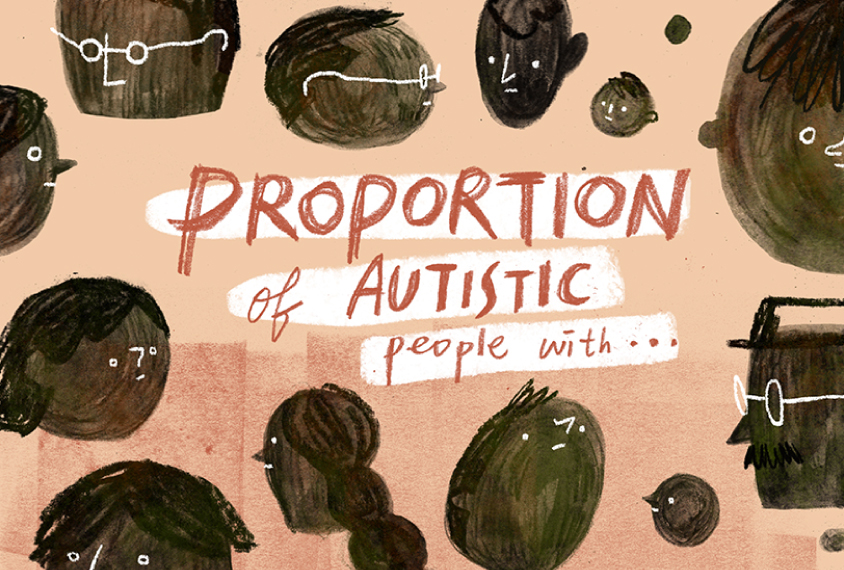Jeanne Erdmann is an award-winning health and science writer based in Wentzville, Mo. A member of Association of
Health Care Journalists board of directors, she is the chair of the organization’s Freelance Committee. Her work has appeared in Discover, Women’s Health, Aeon, Slate, The Washington Post, Nature, Nature Medicine and other publications. You can follow her at @jeanne_erdmann.
Jeanne Erdmann
From this contributor
Analysis pins down prevalence of mental health conditions in autism
Eight mental health conditions occur unusually often in autistic people, a new analysis suggests.

Analysis pins down prevalence of mental health conditions in autism
Drug screen reveals potential treatments for Rett syndrome
An experimental leukemia drug and a chemical in black pepper ease breathing and movement problems in a mouse model of Rett syndrome.

Drug screen reveals potential treatments for Rett syndrome
Explore more from The Transmitter
Xiao-Jing Wang outlines the future of theoretical neuroscience
Wang discusses why he decided the time was right for a new theoretical neuroscience textbook and how bifurcation is a key missing concept in neuroscience explanations.
Xiao-Jing Wang outlines the future of theoretical neuroscience
Wang discusses why he decided the time was right for a new theoretical neuroscience textbook and how bifurcation is a key missing concept in neuroscience explanations.
Memory study sparks debate over statistical methods
Critics of a 2024 Nature paper suggest the authors failed to address the risk of false-positive findings. The authors argue more rigorous methods can result in missed leads.

Memory study sparks debate over statistical methods
Critics of a 2024 Nature paper suggest the authors failed to address the risk of false-positive findings. The authors argue more rigorous methods can result in missed leads.
Attention not necessary for visual awareness, large study suggests
People can perceive some visual information even if they do not pay direct attention to it.

Attention not necessary for visual awareness, large study suggests
People can perceive some visual information even if they do not pay direct attention to it.